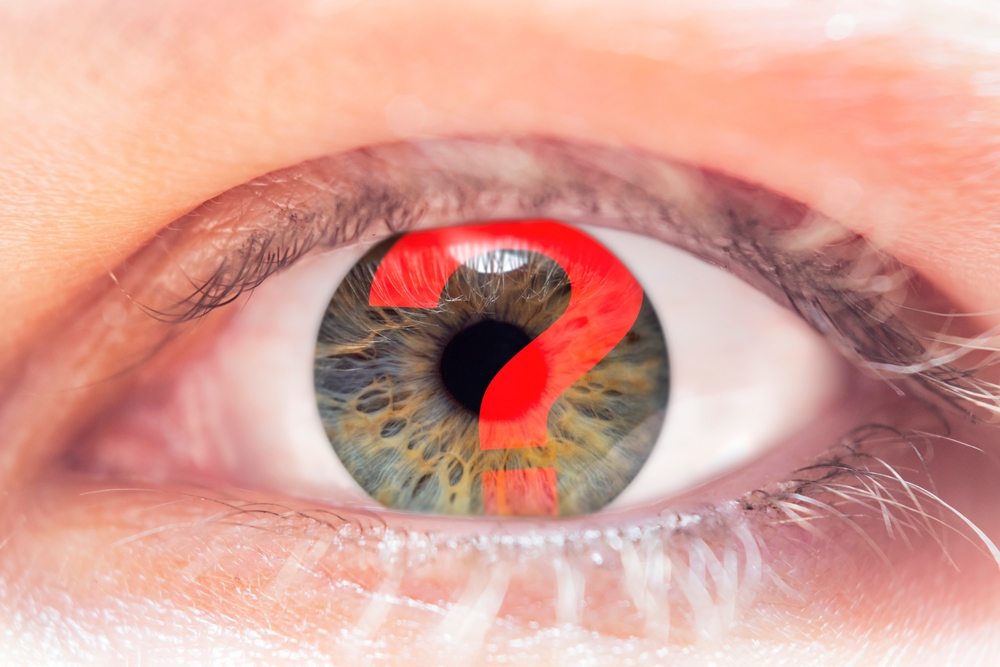In this blog, we’re here to answer the top 10 questions you may have about diabetic eye health.
From understanding the risks to learning about prevention and treatment, we’ve got you covered. Let’s dive into the world of diabetic eye health and address the most common concerns to help you or your loved ones maintain clear and healthy vision despite diabetes
1. What is diabetic eye disease?
Diabetic eye disease is a complication of diabetes that affects the eyes and is also known as diabetic retinopathy. It occurs when high levels of sugar in the blood damage the tiny blood vessels in the retina, the light-sensitive tissue at the back of the eye.
2. Why are regular eye exams important for diabetics?
Regular eye exams are crucial for individuals with diabetes for several reasons:
- To know the early detection of diabetic eye disease
- Prevention of vision loss
- Monitoring disease progression
3. What are the common symptoms of diabetic eye problems?
The most common symptoms are:
- Blurry vision
- frequent Headache
- Seeing double
- Difficulty in night vision
- Circles or lines flashing in your vision (floaters)
- Pain in or around your eye
- Dryness or itchiness in your eyes
- Discomfort in the eye while using screens
- Too much light sensitivity
4. Can diabetic eye disease be prevented?
One can reduce the risk of eye disease by following these steps:
- Eye examination once a year
- Control blood sugar.
- Maintain healthy blood pressure and cholesterol levels.
- Regular exercise and walking
- Avoid smoking and alcohol.
5. What can I do to protect my eyes if I have diabetes?
Diabetes can lead to many eye problems, such as diabetic retinopathy, cataracts, and glaucoma. So, to protect your eyes from getting these, follow the below steps:
- Eat green leafy vegetables like broccoli, peas, corn, and eggs, as they contain many nutrients that help protect cells in your retina and help you avoid cataracts.
- Eat fish containing Omega-3s, as they lower cholesterol, which is suitable for blood vessels and, therefore, good for the eyes.
- Take your medication correctly. If you take insulin, store it at the right temperature and out of sunlight.
- Wear sunglasses to protect the eyes from UV-A and UV-B rays, preventing eye problems, including cataracts.
6. Mention any recent developments or treatment options for diabetic eye conditions.
The latest treatments for diabetic eye disease are:
- Laser treatment
- Eye injections
- Steroid eye implants
- Eye Surgery
7. When should I see an eye specialist?
You should see an eye specialist in the following situations:
- Annually
- Newly diagnosed with diabetes
- During Pregnancy
- Any visual changes such as blurriness, floaters, dark spots, or difficulty seeing at night
- Upon detection of Diabetic Retinopathy
- High blood sugar
- Hypertension or high cholesterol
- Family history of eye conditions
8. Can diet and nutrition help with diabetic eye health?
Yes, diet and nutrition can play an essential role in helping to reduce the risk of diabetes-related eye complications with a properly balanced diet.
Here are some dietary tips to help maintain healthy eyes if you have diabetes:
- Include a variety of nutrient-rich foods, such as fruits, vegetables, whole grains, lean proteins, and healthy fats.
- Incorporate sources of omega-3 fatty acids, such as fatty fish, flaxseeds, and walnuts, into your diet.
- Consume Antioxidant-Rich foods such as vitamin C (found in citrus fruits) and vitamin E (found in nuts and seeds).
- Must intake Lutein and Zeaxanthin, mainly found in leafy vegetables, to reduce the risk of cataracts and age-related macular degeneration (AMD).
- Try to limit sugary and processed foods.
- Have moderate alcohol consumption.
9. Are the treatments for diabetic eye diseases painful?
Special painkilling eye drops are usually used to prevent pain, and for patients undergoing vitrectomy surgery, a sedative is given to relieve anxiety. You may feel some mild discomfort the next day after laser treatment or surgery.
10. Are diabetic retinopathy and diabetic macular edema the same?
No, Diabetic Retinopathy and Diabetic Macular Edema are not the same thing.
Diabetic retinopathy can lead to vision loss, while Diabetic Macular Edema affects the macula, which is located at the center of the retina and responsible for central vision.
LEARN MORE: An in-depth explanation of diabetic retinopathy, its stages, and treatment options
If you have diabetes, schedule an appointment with your eye doctor to maintain good eye health and clear vision.
We hope these ten frequently asked questions about diabetes and your eyes have helped.
Contact Laxmi Eye Hospital in Navi Mumbai today to schedule an appointment and take a proactive step towards safeguarding your precious eyesight.
Your vision is our priority, and we are here to support you every step on your journey to healthier eyes.

